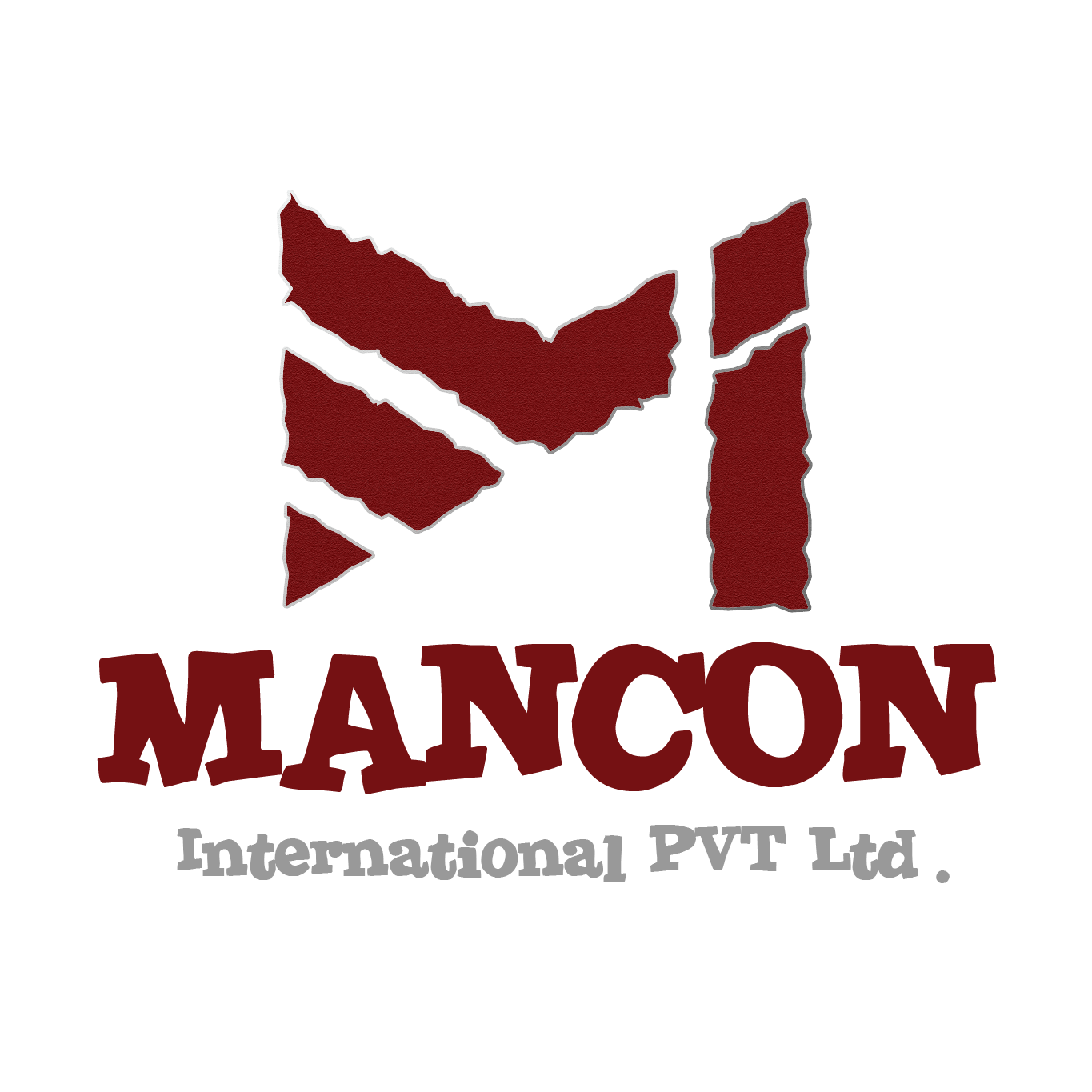Precision in Practice: Strategic Recruitment for Skilled Technicians
Recruiting skilled technicians—from field service engineers and lab technicians to IT support specialists and maintenance pros—is essential to maintaining operational efficiency, ensuring quality, and driving innovation across industries. Technicians serve as the backbone of daily operations, bridging the gap between complex systems and seamless functionality. Success in technician recruitment requires a focus on technical expertise, adaptability, and alignment with industry-specific demands.
1. Aligning Technical Skills with Operational Needs
Technician roles demand hands-on proficiency and certifications tailored to their field:
- Field Service Technicians: Expertise in equipment repair, diagnostics tools, and customer-facing problem resolution (e.g., HVAC, medical devices).
- Lab Technicians: Precision in sample analysis, compliance with safety protocols (e.g., CLIA, GLP), and familiarity with lab equipment (e.g., spectrometers, PCR machines).
- IT/Network Technicians: Skills in hardware troubleshooting, network configuration, and cybersecurity basics.
- Industrial Maintenance Technicians: Knowledge of PLCs, hydraulics, and predictive maintenance software.
Soft skills like attention to detail, time management, and clear communication are critical for minimizing downtime and ensuring safety.
2. Navigating Industry-Specific Challenges
Technician recruitment must address evolving sector demands:
- Technology Advancements: Seek candidates adept in IoT-enabled diagnostics, robotics maintenance, or renewable energy systems (e.g., solar panel technicians).
- Regulatory Compliance: Prioritize certifications (e.g., EPA 608 for refrigeration, CompTIA A+ for IT) and familiarity with industry standards (OSHA, FDA).
- Remote and On-Site Balance: For roles like wind turbine or telecom technicians, assess adaptability to travel, harsh environments, or on-call schedules.
3. Building a Sustainable Talent Pipeline
To address skill gaps and attract next-gen talent:
- Partner with vocational schools, trade programs, and community colleges to recruit apprentices in high-demand areas (e.g., CNC machining, biomedical equipment repair).
- Collaborate with industry associations (e.g., ASE for automotive, NATE for HVAC) to access certified professionals.
- Upskill existing staff through micro-credentials in emerging areas like 3D printing repair or electric vehicle (EV) systems.
4. Prioritizing Safety and Certification
Technicians often work in high-risk environments. Ensure candidates:
- Hold relevant safety certifications (e.g., OSHA 10/30, NFPA 70E for electrical safety).
- Demonstrate a track record of adhering to protocols (e.g., lockout/tagout, hazardous material handling).
5. Retaining Talent Through Growth and Recognition
Technicians value clear career pathways and opportunities to master new technologies. Retain top talent by:
- Offering certifications (e.g., Cisco CCNA for network techs, NICET for fire safety).
- Creating mentorship programs to transition junior techs into lead or supervisory roles.
- Recognizing achievements through performance bonuses, “Technician of the Year” awards, or involvement in R&D projects.
6. Adapting to Industry Shifts
Technician roles are evolving with trends like:
- Green Technology: Training HVAC techs in heat pump systems or automotive techs in EV battery maintenance.
- Digital Integration: Equipping field techs with AR tools for remote assistance or IoT platforms for real-time data analysis.
- Aging Infrastructure: Recruiting civil and utility technicians to modernize water, energy, and transportation systems.
Conclusion
Recruiting skilled technicians requires a balance of technical rigor, adaptability, and foresight into industry trends. By investing in targeted training programs, fostering partnerships with educational institutions, and emphasizing career growth, organizations can build a resilient technician workforce capable of powering innovation and reliability—whether in a lab, on a factory floor, or at a remote wind farm. Technicians aren’t just problem solvers; they’re the unsung heroes keeping industries operational and future-ready.


